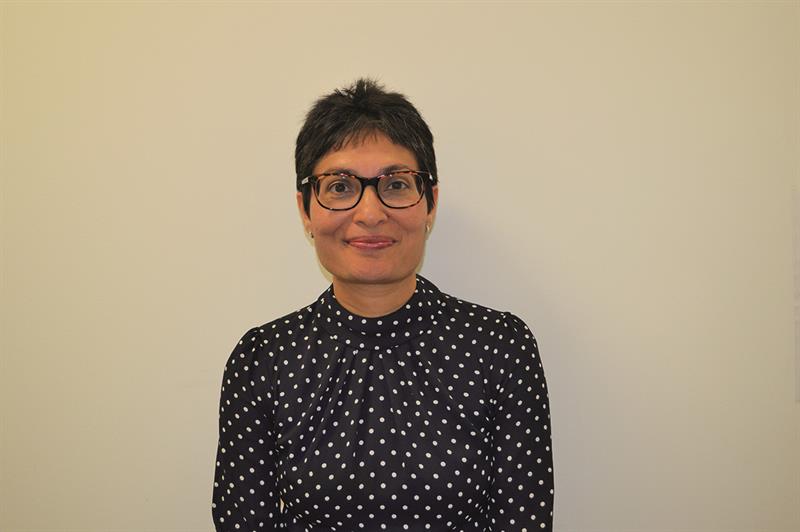A GOC meeting held on May 15 discussed findings from the Education Strategic Review (ESR) consultation on draft education standards and learning outcomes for providers and students. It also highlighted some directions on several key elements for those in charge of the project.
The ESR was launched in 2017 for the GOC to understand the main risks, opportunities and impacts that face the optical sector. These included the obligation to respond to changes in the needs of patients, the roles of optical professionals and the delivery of healthcare across the four nations of the UK. The ESR asked for views on whether the draft standards and learning outcomes were fit for purpose or not, thoughts on the timescale for the implementation of any changes and if students should still be required to join the GOC register when they start a course.
Feedback in the form of 539 responses was received from optometrists, dispensing opticians, universities, and professional bodies and organisations. A total of 68% of responses were from dispensing opticians and 14% were from optometrists. Less than half (43%) of respondents believed that the draft standards and learning outcomes either fully or partially addressed the key themes of the ESR, and 71% of respondents disagreed that they were fit for purpose.
Lesley Longstone, GOC’s chief executive and registrar, acknowledged that ‘the feedback on the review was mixed, so we still have more work and reflecting to do on this.’ She mentioned strong support for alterations to the education standards and learning outcomes that were aired in April 2018, due to the rapidly changing nature of the profession.
Members of the GOC were keen to offer their support for a more flexible outcome-based approach to allow education providers innovation, the ability to update their course content and earlier clinical experience for students. However, many were concerned about the drafting and suitability of the standards and learning outcomes, funding and the timeline for implementation. Indeed, 39% of respondents stated the timescale proposed was unrealistic. One key impact identified was that any updating of course content could result in ‘a risk of lower standards due to the outcomes being interpreted differently across different providers.’
Gareth Hadley, chair of the GOC, said: ‘Academic institutes should be responsible for getting their students to a fitness to practise level and should have accountability for the whole journey.’ He noted that council members had shown support for standardised assessment frameworks that are regulated and of a high standard. Hadley said that ‘graduation and entry into the profession is not where things stop, lifelong learning is encouraged’ and that ‘mandatory mentors for the first few years after qualifying would bring us more in line with other clinical practices.’
He added: ‘The learning outcomes for optometrists and dispensing opticians are not right, we need more discussions as we’re not there yet. We want council members to think about this and come back with proposed changes and timescales. However, there is a high risk to taking our time or not doing anything to change the current education standards as some members of the public will continue to lose their sight.’
 Dr Subo Shanmuganathan
Dr Subo Shanmuganathan
Council members provided Dr Subo Shanmuganathan, GOC’s director of education and director of the Education Standards and Learning Outcomes project, with several steers on various aspects of the review. They expressed support for the development of: ‘a model in which any “programme of study” which leads to registration is led by one accountable provider, who is permitted to work in partnership with other organisations and determine the amount of integration within the programme; a standardised assessment framework which maintains comparable outcomes between providers but supports innovation and agility underpinned by rigorous quality and assurance controls; increasing clinical content of undergraduate education and training to support early exposure to patient groups; increasing emphasis on professionalism and clinical leadership and support for newly qualified professionals, exploring clinical professional development that includes requirements around mentoring and peer reflection.’
Dr Shanmuganathan said: ‘We’re delighted to have received so many responses to the Education Strategic Review. Our stakeholders understand the need for reform and the challenges facing the sector. Now that we have a steer from the Council and a clear direction of travel, we want to ensure that we continue to listen and engage with our stakeholders to make sure we work together to achieve good outcomes for patients.’
A response paper to the consultation will be published by the GOC. The council will continue to discuss what the next steps should be in workshops with stakeholder representatives to co-create solutions that safeguard public health.
